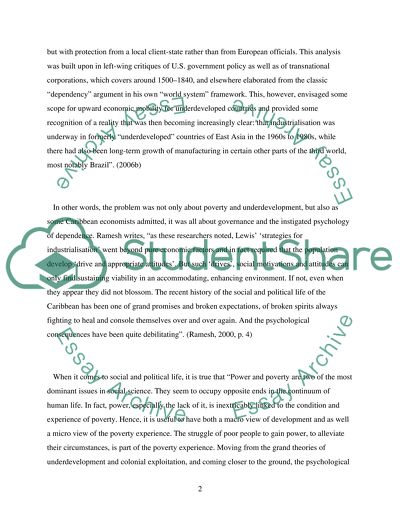Cite this document
(“Imperialism, Race and Development Essay Example | Topics and Well Written Essays - 2000 words”, n.d.)
Retrieved from https://studentshare.org/miscellaneous/1523864-imperialism-race-and-development
Retrieved from https://studentshare.org/miscellaneous/1523864-imperialism-race-and-development
(Imperialism, Race and Development Essay Example | Topics and Well Written Essays - 2000 Words)
https://studentshare.org/miscellaneous/1523864-imperialism-race-and-development.
https://studentshare.org/miscellaneous/1523864-imperialism-race-and-development.
“Imperialism, Race and Development Essay Example | Topics and Well Written Essays - 2000 Words”, n.d. https://studentshare.org/miscellaneous/1523864-imperialism-race-and-development.


